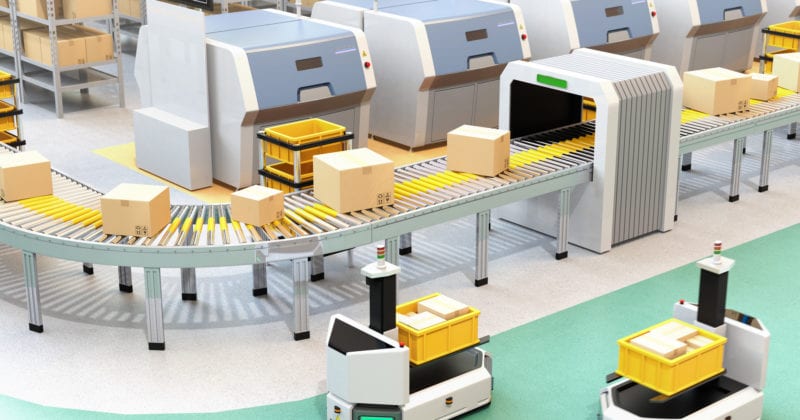Micro-fulfillment

Think of it as an Airbnb for logistics.
Just as the world's largest accommodation-sharing site enables people to rent out spare accommodation to guests, micro-fulfillment allows one to convert personal garages into company storage spaces.
This rising trend is captured in micro-fulfillment centers that have been set up in recent years — tiny, urban warehouses that utilize high-end automated systems to complete online orders with greater efficiency.
In micro-fulfillment centers, Artificial Intelligence (AI) and analytics are used to deliver goods rapidly, in as fast as an hour. For example, robot arms are used to pick up items, and hundreds of vertical shelves are used to carry goods autonomously around these facilities.
Once the goods are packaged, retailers can contract with local carriers to pick up parcels from the centers and deliver them to nearby homes.
As the distance to customers’ homes is reduced, businesses which operate via an online delivery model can capitalize on micro-fulfillment centers to reduce the costs of last-mile delivery for retailers.
Apart from online delivery businesses, the use of such facilities is also gaining traction in consumer packaged goods companies. As part of their strategy, brands can leverage on micro-fulfillment centers to bypass retailers and sell directly to consumers.










 English
English